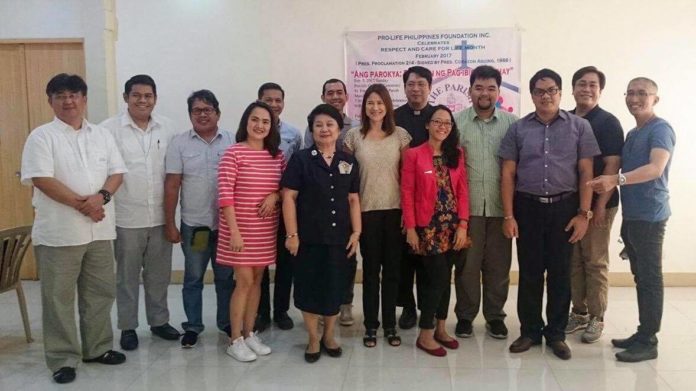
THE CHANCES of reviving capital punishment in the country are slim because of lack of support from Congress and the general public, according to a priest at the frontlines of prolife causes.
Fr. Melvin Castro, former executive secretary of the Catholic Bishops’ Conference of the Philippines’ Commission on Family and Life, said the death penalty bill, unlike the controversial reproductive health (RH) bill, has weak support among legislators.
“I’m not really sure na ang sentiment ng Congress sa death penalty pareho. Unlike sa RH, solid sila i-pasa `yun. Mas mahirap i-pasa ang death penalty,” Castro told the Varsitarian in an interview.
Castro said the RH bill involved business interests, such as the procurement of contraceptives, which helped in its passage in 2012 at the behest of then president Benigno Aquino III.
The priest clarified that the Church recognizes the right of the state to impose death penalty under special circumstances. But the situation, he said, is different in the Philippines.
“Our justice system is flawed. How can you expect na magkaroon ng magandang judgement sa death penalty? Kung mahusay ang lawyer at kung mayaman, ligtas. Pero ang mahirap na hindi kaya kumuha ng lawyer, ihihilera natin sa death penalty. The Church knows that,” Castro said.
Review period
Rizalito David, executive director of Pro-Life Philippines, echoed Castro.
“There is no money in death penalty, unlike in RH. Sa RH kasi, may business component `yan. Ang death penalty, walang business component `yan,” said David.
David said “it would take some time before the first convict would be put to death” because of the Supreme Court’s prerogative to review death sentences.
“By the time na-execute `yung first convict na napatawan ng death penalty, hindi na (si Duterte) ang presidente. Ganun katagal `yung review process (ng Supreme Court),” David said.













